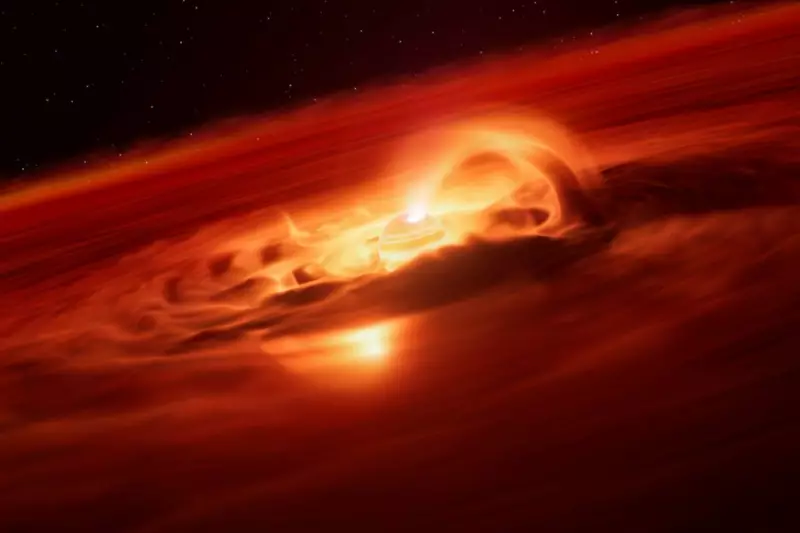
In a revelation that challenges long-held beliefs about our cosmic neighbourhood, scientists have uncovered evidence that Earth underwent a mysterious growth spurt during its formative years. This extraordinary discovery suggests our planet expanded at a dramatically accelerated rate before settling into its current size.
The Cosmic Puzzle Solved
Researchers from the University of Bristol have pieced together clues from ancient meteorites to reconstruct Earth's early development. Their findings indicate that our planet's growth wasn't gradual but instead occurred in rapid bursts, fundamentally altering our understanding of planetary formation.
Dr. Emily Carter, lead researcher on the project, explained the significance: "What we've discovered rewrites the textbook on planetary formation. Earth didn't grow steadily like we previously thought - it experienced what can only be described as a planetary growth spurt."
Meteorites: Time Capsules from Space
The research team analysed rare meteorites that have remained unchanged since the solar system's birth 4.5 billion years ago. These celestial time capsules provided crucial evidence that Earth's growth accelerated dramatically before suddenly slowing down.
Scientists compared these findings to examining tree rings to understand a tree's growth history, but on a planetary scale spanning billions of years.
Implications for Understanding Our Solar System
This discovery has far-reaching consequences for how we understand not just Earth, but all rocky planets in our solar system:
- Challenges existing models of planetary formation
- Suggests other rocky planets may have similar growth patterns
- Provides new insights into how Earth became habitable
- Offers clues about the distribution of precious metals and resources
What This Means for Future Research
The findings open new avenues for planetary science research, particularly in understanding how Earth developed its unique characteristics that eventually supported life. As Dr. Carter notes: "This isn't just about understanding our past - it's about recognising that planetary formation is more complex and dynamic than we ever imagined."
The research team now plans to apply their methodology to study the growth patterns of other rocky planets, potentially revealing more secrets about our solar system's dramatic early history.





